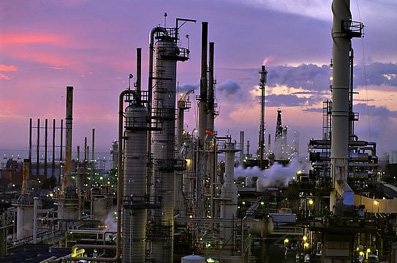

Dimethyl Disulfide DMDS, Reactor Resources provides turnkey catalyst sulfiding services, including the supply and delivery of sulfur chemicals, rental of injection. Unlike multipass shellandtube designs where correction factors are used to. Hairpin heat exchangers utilize true countercurrent flow. Lawrence Wisdom, Eric Peer, Pierre Bonnifay.

Login to access the Oil Gas Journal Subscriber Premium features. Alkylation units are capital intensive and complex to operate.Advantages Of Hydrocracking Average ratng: 7,6/10 3402reviews ALKYLATION The reaction of light paraffins with olefins is an important source of high quality, high octane gasoline in the modern refinery. The enhanced accesses into and out of the zeolite provided by Rive’s Molecular Highway technology can overcome diffusional limits resulting in enhanced product yields of middle distillates. For more information on the benefits of Molecular Highway technology in FCC, please download our summary: HYDROCRACKING Like the FCC process, Hydrocracking is a key process used in the refinery, enabling the efficient conversion of crude oil into desirable transportation fuels.Īs the worldwide demand for diesel fuel and high octane gasoline has grown, so too has the demand for hydrocracking catalysts. Molecular Highway FCC catalysts have been trialed successfully in two refineries in North America, and are currently available from Rive and W.R. Rive is, the world’s leading supplier of FCC catalysts. The key physical properties of catalysts powered by Molecular Highway– namely stability, attrition resistance, fluidization – are similar to that of conventional catalysts. Benefits can be realized by simply switching catalysts.įCC catalysts powered by Molecular Highway technology can be formulated and tailored for a specific refiner’s yield objectives, feed properties, and constraints. Refiners using catalysts powered by Molecular Highway technology can expect increased margin in the range of $.75 – $3.00 per barrel of FCC feed. Refiners can take further advantage of the coke selectivity of Molecular Highway catalysts by running more barrels through the FCC and processing heavier feeds. And valuable cracked products, such as distillate, naphtha, and olefins, rapidly exit the zeolite cage before overcracking into undesirable byproducts like bottoms oil, coke and light gases.Īs a result, refiners using catalysts powered by Molecular Highway technology make more of what they want, and less of what they don’t.

As a result, bulky feed molecules crack on the zeolite’s active sites, as opposed to on the less selective matrix material.


 0 kommentar(er)
0 kommentar(er)
